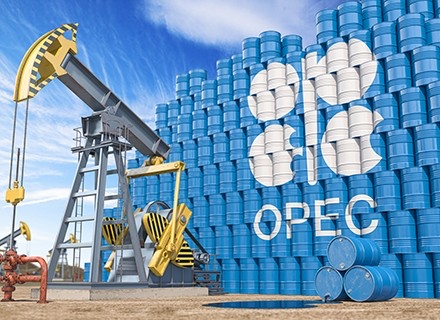Oil prices edged higher this week as the conflict between Israel and Hamas raised concerns about the stability of the Middle East, a major oil-producing region. However, the gains were limited by signs of weakening demand due to high prices and the coronavirus pandemic.
On Friday, West Texas Intermediate crude rose to near $84 a barrel, up about 1% for the week. The price surge on Monday following the Hamas rocket attack on Israel was mostly reversed as the international community called for a ceasefire and Saudi Arabia, the world’s largest oil exporter, reached out to Iran, its regional rival and a supporter of Hamas.
The US, which is trying to revive the 2015 nuclear deal with Iran, is investigating Tehran’s possible involvement in the attack and has asked Qatar to delay releasing $6 billion in oil revenue that Iran was allowed to access under the agreement. Iran has denied any role in the assault.
The oil market also faced pressure from rising US crude inventories, which increased by the most since February last week, indicating weak demand in the world’s largest oil consumer. The International Energy Agency said that oil prices, which reached near $100 a barrel earlier this year, have started to erode demand and warned of a “fragile” recovery.
The Organization of Petroleum Exporting Countries (OPEC), however, maintained its bullish outlook and said that global oil demand will exceed supply by 3 million barrels a day this quarter, thanks to the output cuts by the group and its allies, including Saudi Arabia and Russia.
The US also imposed sanctions on two Russian companies for violating the price cap on Russian oil exports, which was meant to reduce Moscow’s revenue and influence. The sanctions are unlikely to have a significant impact on the market as Russia has other ways to sell its oil.
Oil prices are expected to remain volatile in the coming weeks as the situation in the Middle East evolves and the global economy recovers from the pandemic. Analysts say that oil demand will pick up in the second half of the year as more people get vaccinated and travel restrictions ease. However, they also warn of potential supply disruptions and geopolitical risks that could push prices higher or lower.
Source: Bloomberg



